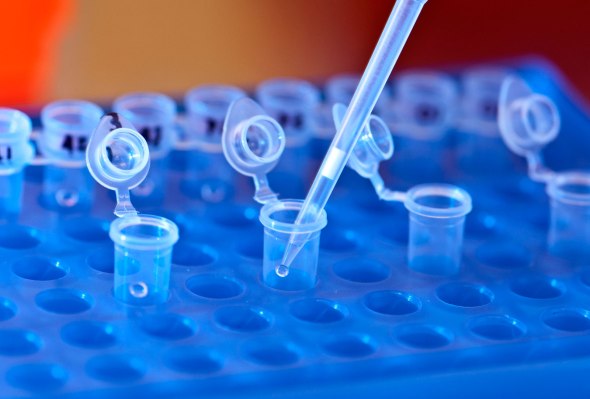Twist Bioscience, a startup making and using synthetic DNA to store digital data, just struck a contract with Microsoft and the University of Washington to encode vast amounts of information on synthetic genes.
Big data means business and the company able to gather a lot of it is very valuable to investors and stockholders. But that data needs to be stored somewhere and can cost a lot for the upkeep.
Digital data stored on media also has a finite shelf life. But researchers have discovered new ways to stuff digital information over the last few years – including in our DNA, which can last thousands of years intact.
Just how much data can you store in your genes? According to Harvard scientists, about 700 terabytes can go on a single gram.
Or, to put it in layman’s terms, “[Using DNA,] you could fit all the knowledge in the whole world inside the trunk of your car,” Twist Bioscience CEO Emily Leproust told TechCrunch.
The cost of genetic sequencing has also plummeted recently, going from $2.7 billion to map out just one whole human genome in 2003 to now the ability to pull up your entire genome on your smartphone for under $1,000.
We don’t know what exactly Microsoft plans to put inside tiny strands of DNA but the new technology presents an interesting way to keep a lot of data in a small amount of space for a really long time.
Twist Bioscience recently acquired the Israel-based Genome Compiler Corporation and announced a teeny tiny funding round of $2.6 million this month – an odd contrast to the $81 million raised earlier in January to build out its synthetic DNA manufacturing platform.
This phase in the startup’s continued growth is still in its infancy – Twist’s researchers are still testing out the idea of data storage in DNA and a commercially viable product isn’t likely to be ready for a couple of years – but early tests indicate the idea is possible.
“The initial test phase with Twist demonstrated that we could encode and recover 100 percent of the digital data from synthetic DNA,” Microsoft researcher Doug Carmean said.
